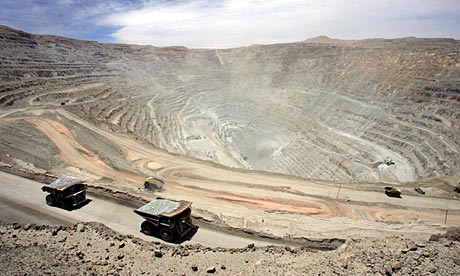In his latest exclusive interview with Eurosport, Arsenal manager Arsene Wenger discusses how important it was for Manchester United to keep hold of Wayne Rooney, and what would have been at stake for the club if he had left.
 Were you surprised that Wayne Rooney is staying at Manchester United after the media talk?
Were you surprised that Wayne Rooney is staying at Manchester United after the media talk?
It is a bit surprising because when you say publicly that your player is likely to leave, it means you have accepted the idea that he will do so.
A message to say: 'Come around the table, we are ready to sell the player.' So it is a bit surprising that they changed their mind..
It seems that United became aware of the consequences for the fans and the atmosphere inside the club if he did leave - especially considering the rise of Manchester City. It would have given them the reputation of being a declining club in comparison to the upwardly-mobile Citizens.
Afterwards, they had to take into account the impact signing Rooney to a new contract would have upon them, because it is going to be a big financial change. It means they have let Rooney have what he wants - and they are also going to be in trouble when it comes to renewing the contracts of the other players.
So the club's reputation was at stake?
When you let everybody know that you allowed your best player to leave at 25 years of age, rather than 30, it means that somehow there are clubs stronger than yours.
When you sell a player, you must consider what you are losing; the player himself, of course, but in addition all the consequences for people who follow the club. By that I mean the media, fans, the club's reputation and the indirect effect upon the other top players at the club, who may think: 'If the best players are leaving, what we are going to do now?'. So everyone at the club could start worrying.
Could the deal have been done in order to sell him for more money next June?
That is a really good question. However, if they sign him to a new contract for five years then sell him in June, it will be worse than if they had let him go now.
Were you convinced he was going to leave?
Yes, because when the club said they would talk about a transfer, I assumed they were ready to sell him.
If he had left, do you think it would only have been for another English club?
No, I think he might have moved anywhere in the world. Surely they would have been more open to a foreign club coming in for him than an English one - because the only domestic rival who could afford to buy him was their neighbour.
Do you think that he had to leave, considering the public opinion about his problems outside of football?
No, because people are focused on what happens on the field. What happens in a player's private life only feeds the scandal pages of the newspapers.
If you are 12 years of age, you only look at his performances on the pitch. You like him because he is able to do things you cannot do - and you want to copy him. You don't care about how he is living off the pitch.
Can he change the opinion of United fans?
Trust me: in this job, the only thing which changes everything is your performance on the pitch.
You could be the nicest, most elegant and polite guy in the world off the pitch - but if you are bad on it, everybody is going to hate you.
You can be unpleasant off the pitch, but if you are an extraordinary player, people will forgive you anything. It may not be fair, but it is the reality. People pay to see special things, and if you manage to give it to them, they enjoy it.
Would you have liked to sign him for Arsenal?
We never thought about it because we have enough people able to play up front. Moreover, if Manchester United are not able to pay his contract, Arsenal cannot even think about it.
So it means that he will keep scoring against you as he did in the past?
No, it doesn't mean he will keep annoying us - it just means that he will keep trying to annoy us. We will try to prevent him.
He likes to score against Arsenal.
Yes. He is world class player.
 luck that kept them alive
luck that kept them alive